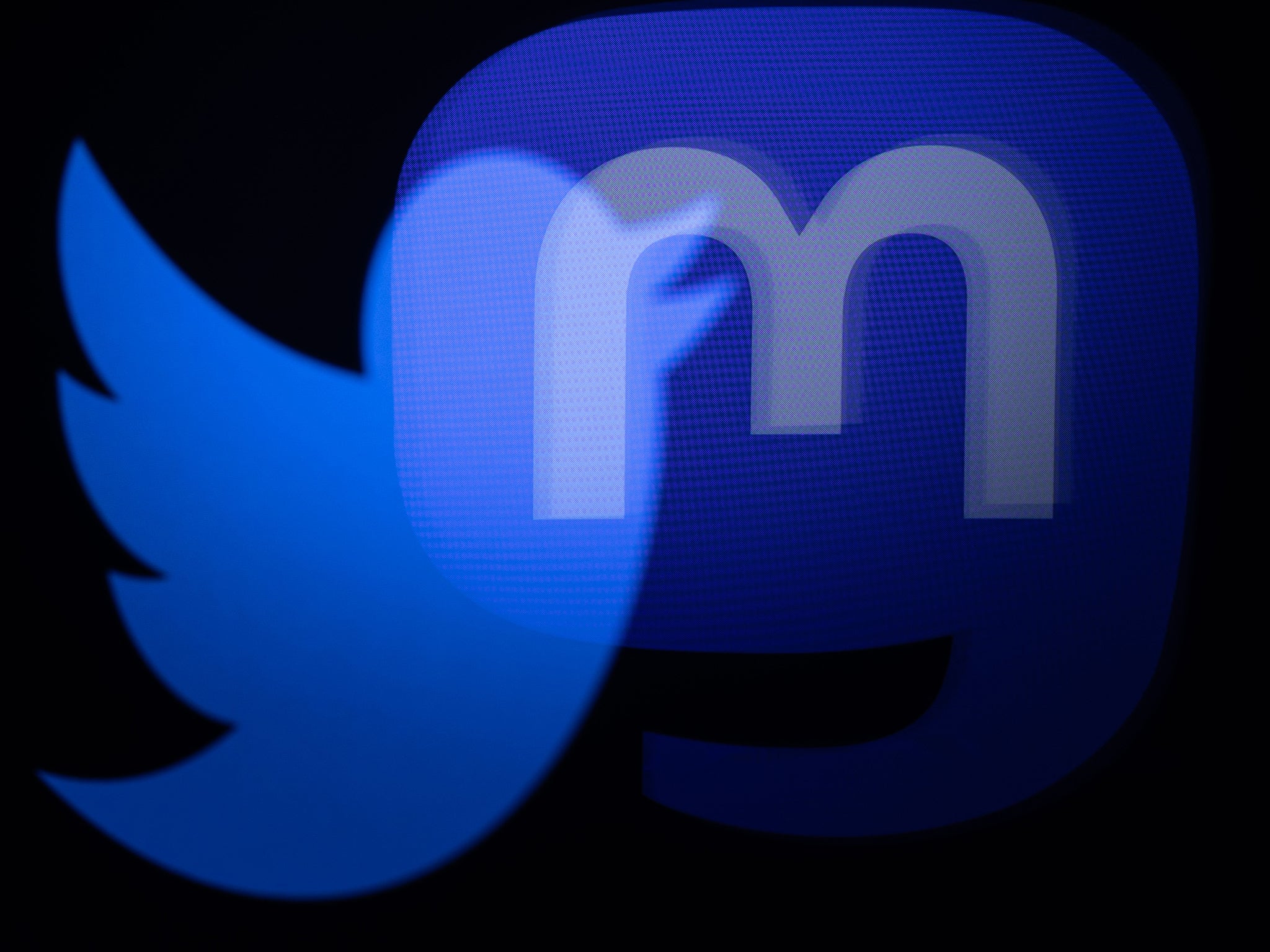Mastodon gains millions of new users as Twitter rival attempts to keep functioning
Users have hurried to site amid chaotic Elon Musk takeover

Your support helps us to tell the story
From reproductive rights to climate change to Big Tech, The Independent is on the ground when the story is developing. Whether it's investigating the financials of Elon Musk's pro-Trump PAC or producing our latest documentary, 'The A Word', which shines a light on the American women fighting for reproductive rights, we know how important it is to parse out the facts from the messaging.
At such a critical moment in US history, we need reporters on the ground. Your donation allows us to keep sending journalists to speak to both sides of the story.
The Independent is trusted by Americans across the entire political spectrum. And unlike many other quality news outlets, we choose not to lock Americans out of our reporting and analysis with paywalls. We believe quality journalism should be available to everyone, paid for by those who can afford it.
Your support makes all the difference.Mastodon has gained millions of new users as people look for ways to flee from Twitter, and the service is working hard to actually stay online.
This week, Mastodon founder Eugen Rochko said that the service had gone from around 300,000 monthly active users to 2.5 million between October and November, as the full consequences of Elon Musk’s takeover became clear.
That has included “more and more journalists, political figures, writers, actors and organizations moving over”, he wrote in a statement.
Mr Rochko made the announcement this week after Twitter said that it was blocking links to Mastodon across its site, before reversing that decision. Mr Musk has expressed regret for that decision, though it remains unclear exactly what it was taken.
Such situations are a “stark reminder that centralized platforms can impose arbitrary and unfair limits on what you can and can’t say while holding your social graph hostage”, Mr Rochko said in his statement.
Mastodon is distinct from Twitter because it is run as a system of federated servers. While users can see everyone they follow in one news feed, their posts will actually be part of a variety of different “instances”.
The rules on those instances are set by the people who run them, meaning that users are able to move between different servers if they want different rules – or even set one up themselves.
That system has however led to difficulties amid the millions of new signups to Mastodon. For the site to work properly, companies must run servers to power the social network.
This week, for instance, both Mozilla and Tumblr both announced they would be joining the “Fediverse”, or the distributed and federated system of servers that powers what its creators hope will be the future of social media.
It will create a Mastodon instance to help power that future, it said. The decision was taken by the company best known for its Firefox browser so that those attempts at a different kind of social media would work.
Mozilla also said however that it hoped that Mastodon would only be the start of that switch. “While we’re starting this exploration on Mastodon — as a mature, stable project, it’s an ideal first step into the Fediverse — we believe the potential of the Fediverse is bigger and broader than Mastodon alone,” wrote Mozilla chief product officer Steve Teixeira, pointing to a range of other, smaller projects aimed at the same ideal.
Join our commenting forum
Join thought-provoking conversations, follow other Independent readers and see their replies
Comments